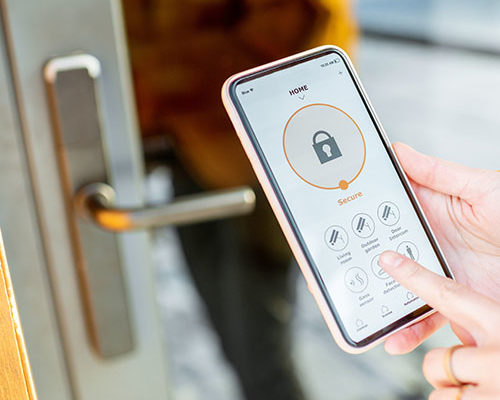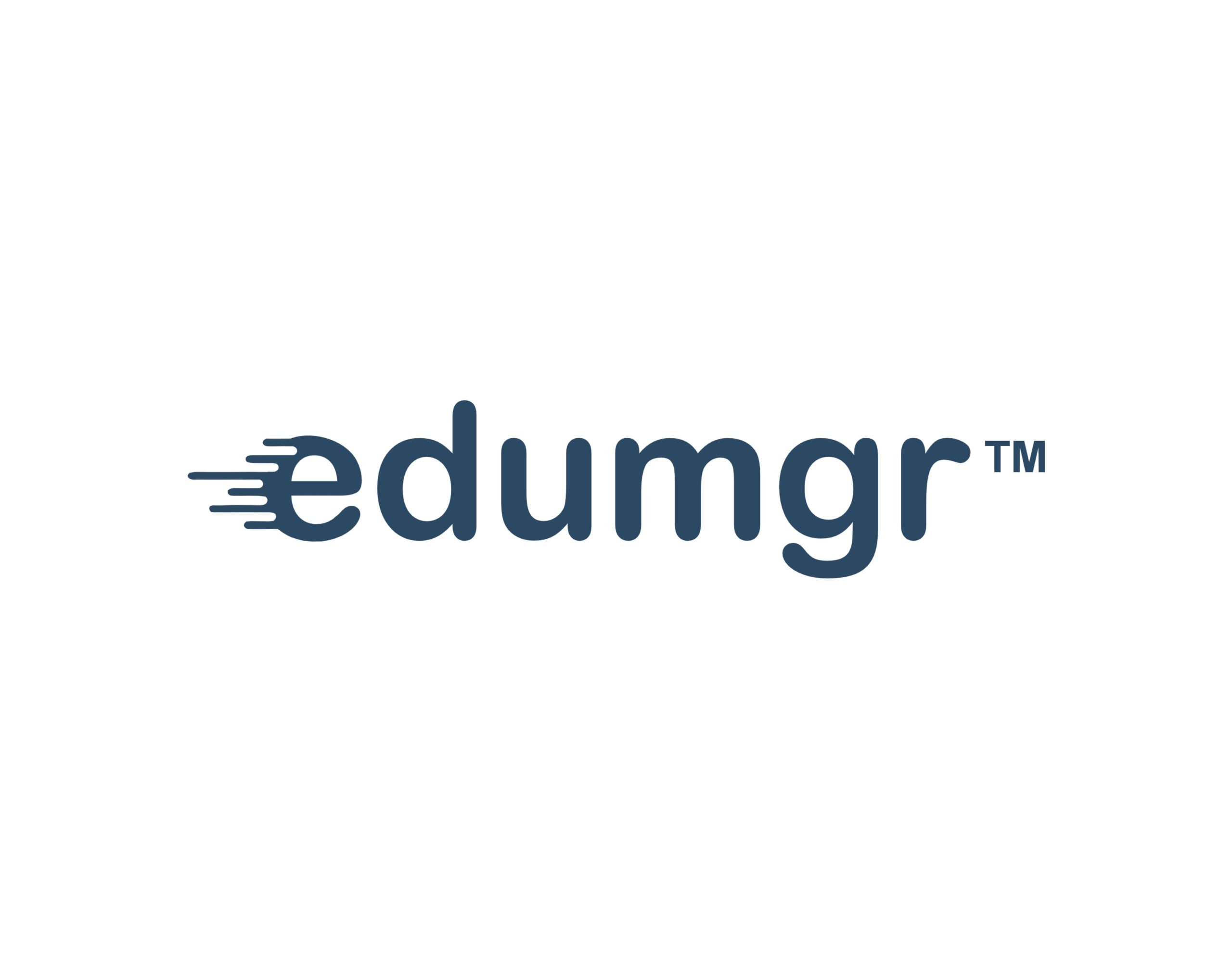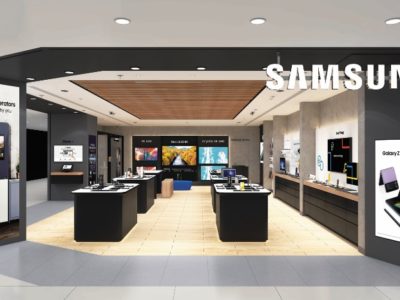The Middle East, Türkiye, and Africa (META) smart home devices market had a mixed performance in the last quarter of 2022 as end users adjusted their spending. While shipments were up 15.9% year on year (i.e., versus Q4 2021), the market was down 3.4% on Q3 2022. That’s according to the latest insights from International Data Corporation (IDC), with the firm’s newly updated Worldwide Quarterly Smart Home Device Tracker showing that 8.44 million smart home devices were shipped across the META region in Q4 2022.
RELATED: Demand soars for smart home devices across META
“The region continues to attract more brands and vendors within the smart home devices space,” says Isaac T. Ngatia, a research analyst at IDC. “The attraction arises from the low base from which the market has been developing and increasing awareness of the benefits of these devices. However, challenging economic conditions — such as increased interest rates, high levels of inflation, and forex fluctuations in markets that are not pegged to the dollar — have led to a decline in end-user spending across the region. Another reason for the quarter-on-quarter decline is that smart TVs were a key growth driver in Q3 2022, mainly due to the FIFA World Cup 2022 that was staged in Qatar.”
End users are continuing to adopt smart home technologies as they look to make their homes more efficient, convenient, and secure. Hence, products in categories such as lighting, appliances, and home monitoring /sensors continue to register growth. The functional aspects of such products continue to draw the attention of end users to try these devices.
IDC notes that end users are increasingly realizing the added convenience of the “smart home” concept in enhancing their day-to-day lives. In addition, Matter, the open-source connectivity standard for smart home and Internet of Things (IoT) devices, is expected to ease the challenges that have traditionally existed around device interconnectivity. The rollout of Matter started in Q4 2022, and vendors saw this as an opportunity drive volume within their respective categories.
The smart home devices market is still fragmented with a wide array of vendors, although some of these specialize only in one category. The region is seeing an increasing influx of vendors battling to grab share in the overall market. Some of the leading brands in the region include Amazon, Eufy, Google, Honeywell, IKEA, iRobot, LG Electronics, Nest, Ring, Samsung, and Xiaomi.
IDC tracks different categories of smart home devices, including smart appliances, smart home monitoring / security devices, smart lighting, smart speaker, smart thermostat, and smart video entertainment. To learn more about IDC’s Worldwide Quarterly Smart Home Device Tracker, please contact Sheila Manek at smanek@idc.com or on +971 4 446 3154.



































